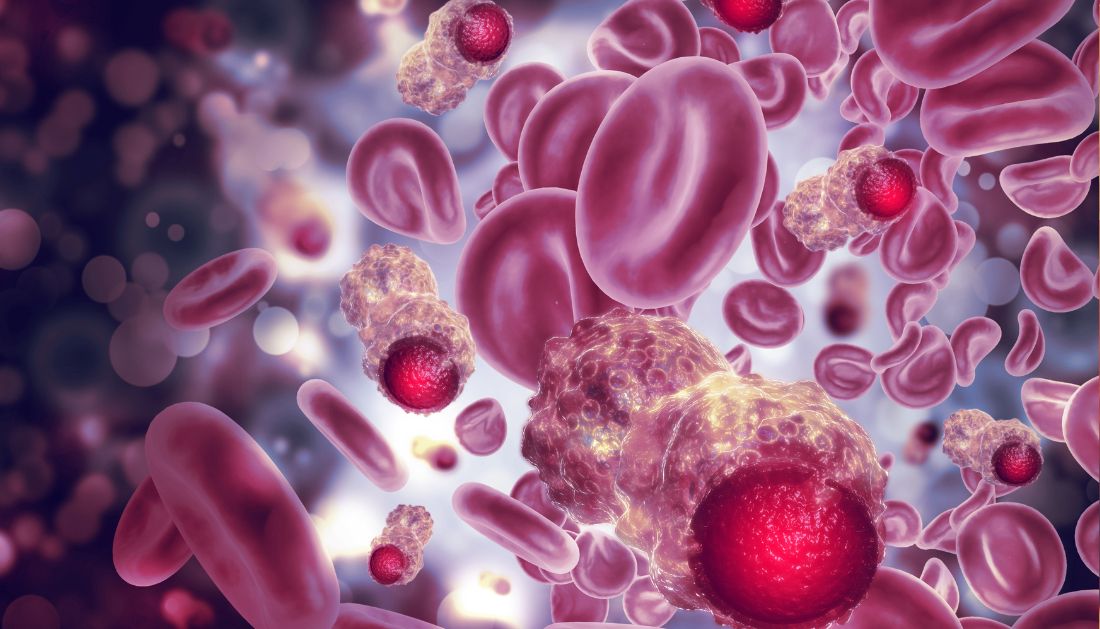

A new study from University College London (UCL) and the Francis Crick Institute has revealed a groundbreaking discovery that could change the way we predict and treat cancer. Researchers developed a new tool, ImmuneLENS, which uses whole genome sequencing (WGS) data to analyze immune cells in the blood, offering new insights into cancer survival. The tool looks specifically at T and B cells, two types of immune cells that play a key role in fighting off diseases.
The study, published in Nature Genetics, found that cancer patients with higher levels of immune cells—especially T cells—had better survival rates. This is a breakthrough, as previous research focused primarily on immune cells within the tumor itself. The new research showed that immune cells circulating in the blood are just as important, if not more so, for predicting how well a patient will fare after surgery.
The team analyzed over 90,000 genome samples from the 100,000 Genomes Project, which includes data from cancer patients as well as healthy individuals. They found that cancer patients tend to have fewer T cells in their blood compared to healthy people. More importantly, higher T cell levels were linked to a 47% reduction in death rates over five years post-surgery. This discovery could significantly impact cancer treatment plans, helping doctors make more personalized decisions based on a patient’s immune profile.
Additionally, the team found that individuals who later developed cancer had lower B cell levels, which might signal early-stage disease. This could lead to earlier detection of cancer, even before symptoms arise.
The ImmuneLENS tool has the potential to be a game-changer for both cancer research and treatment. By incorporating immune cell analysis into genetic diagnostic tests, doctors could gain a better understanding of how a patient’s immune system is functioning, allowing for more targeted and effective treatments. This research could also improve immunotherapy predictions, offering hope for more precise and personalized cancer care in the future.
More Information: Robert Bentham etc al. ImmuneLENS characterizes systemic immune dysregulation in aging and cancer, Nature Genetics (2025). DOI: 10.1038/s41588-025-02086-5
more recommended stories
 Nanoplastics in Brain Tissue and Neurological Risk
Nanoplastics in Brain Tissue and Neurological RiskKey Takeaways for HCPs Nanoplastics are.
 AI Predicts Chronic GVHD Risk After Stem Cell Transplant
AI Predicts Chronic GVHD Risk After Stem Cell TransplantKey Takeaways A new AI-driven tool,.
 Red Meat Consumption Linked to Higher Diabetes Odds
Red Meat Consumption Linked to Higher Diabetes OddsKey Takeaways Higher intake of total,.
 Pediatric Crohn’s Disease Microbial Signature Identified
Pediatric Crohn’s Disease Microbial Signature IdentifiedKey Points at a Glance NYU.
 Nanovaccine Design Boosts Immune Attack on HPV Tumors
Nanovaccine Design Boosts Immune Attack on HPV TumorsKey Highlights Reconfiguring peptide orientation significantly.
 High-Fat Diets Cause Damage to Metabolic Health
High-Fat Diets Cause Damage to Metabolic HealthKey Points Takeaways High-fat and ketogenic.
 Acute Ischemic Stroke: New Evidence for Neuroprotection
Acute Ischemic Stroke: New Evidence for NeuroprotectionKey Highlights A Phase III clinical.
 Statins Rarely Cause Side Effects, Large Trials Show
Statins Rarely Cause Side Effects, Large Trials ShowKey Points at a Glance Large.
 Anxiety Reduction and Emotional Support on Social Media
Anxiety Reduction and Emotional Support on Social MediaKey Summary Anxiety commonly begins in.
 Liquid Biopsy Measures Epigenetic Instability in Cancer
Liquid Biopsy Measures Epigenetic Instability in CancerKey Takeaways Johns Hopkins researchers developed.

Leave a Comment